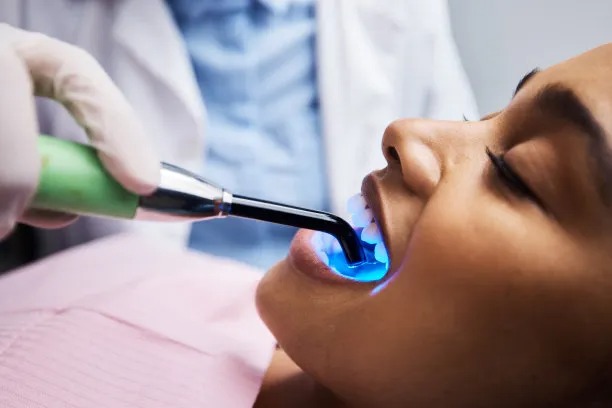Essential Considerations and Precautions You Need to Know Before Getting Dental Fillings for Optimal Oral Health
Summary: Dental fillings play a crucial role in restoring tooth integrity, ensuring optimal oral health. This article outlines essential considerations and precautions you must know before getting dental fillings. We will discuss the types of dental fillings available, the importance of professional evaluation, potential risks associated with fillings, and post-treatment care to maintain your oral health. By understanding these key aspects, you can make informed decisions and ensure a positive experience when undergoing dental treatment.
1. Understanding Different Types of Fillings

When it comes to dental fillings, there are several options available based on material composition, durability, and aesthetic appeal. The most common fillings include amalgam, composite resin, glass ionomer, and porcelain. Amalgam fillings are composed of metals and are known for their strength, making them ideal for back teeth. However, they are not as aesthetically pleasing due to their metallic color.
Composite resin fillings, on the other hand, offer a tooth-colored solution that blends seamlessly with your natural teeth. This makes them suitable for visible areas in the mouth. Glass ionomer fillings release fluoride, which can help protect the tooth from further decay. Lastly, porcelain fillings are highly durable and resistant to staining but are often more expensive than other options.
Choosing the right type of filling depends on various factors, including the location of the cavity and personal preferences. Therefore, discussing your options with your dentist is crucial to selecting the most appropriate filling type for your needs.
2. Importance of Professional Evaluation
Before getting dental fillings, a professional evaluation by a qualified dentist is vital. During this assessment, your dentist will conduct a thorough examination to assess the extent of decay and determine the most effective treatment plan. X-rays may be necessary to visualize decay that might not be visible to the naked eye.
This evaluation also allows your dentist to consider your overall oral health, including any previous dental work, bite alignment, and risk factors for future cavities. Such comprehensive examination ensures that your treatment not only addresses current issues but also helps prevent future problems.
Trusting your dental care to a professional is fundamental. A knowledgeable dentist can provide recommendations tailored to your unique oral health needs and will explain the procedure, duration, and aftercare involved.
3. Potential Risks and Side Effects
Like any medical procedure, getting dental fillings comes with potential risks and side effects that you should be aware of beforehand. For instance, sensitivity to hot or cold temperatures is common immediately after the procedure. This is often temporary and can be alleviated with over-the-counter pain relief.
Another potential risk includes an allergic reaction to the materials used in the filling, especially if you opt for amalgam, which contains mercury. Discussing any known allergies with your dentist is essential. Moreover, poorly placed fillings can lead to further complications, such as tooth pain or additional decay if they do not seal correctly.
Understanding these risks allows you to have realistic expectations. Your dentist will inform you about any specific concerns during your consultation, ensuring you are fully aware of what to anticipate.
4. Post-Treatment Care for Optimal Results
Post-treatment care is crucial for maintaining your oral health after getting dental fillings. Your dentist will provide specific aftercare instructions, which may include avoiding certain foods for a period to allow the filling to set properly. Additionally, practicing good oral hygiene by brushing twice daily and flossing regularly can help keep your filling in optimal condition.
Avoiding hard or sticky foods is advisable, as they may loosen or damage the filling. Regular dental check-ups should also be scheduled to monitor the integrity of the filling and address any concerns promptly.
By following these post-treatment recommendations, you can ensure the longevity of your fillings and maintain an overall healthy smile. Good oral hygiene practices will help prevent future decay and preserve your dental health.
Summary:
In conclusion, understanding the essential considerations and precautions before getting dental fillings is vital for optimal oral health. This article has explored various types of fillings, the necessity of professional evaluation, potential risks, and crucial post-treatment care. By sharing this knowledge, patients can make informed decisions and experience a smoother dental treatment process.
This article is compiled by Vickong Dental and the content is for reference only



